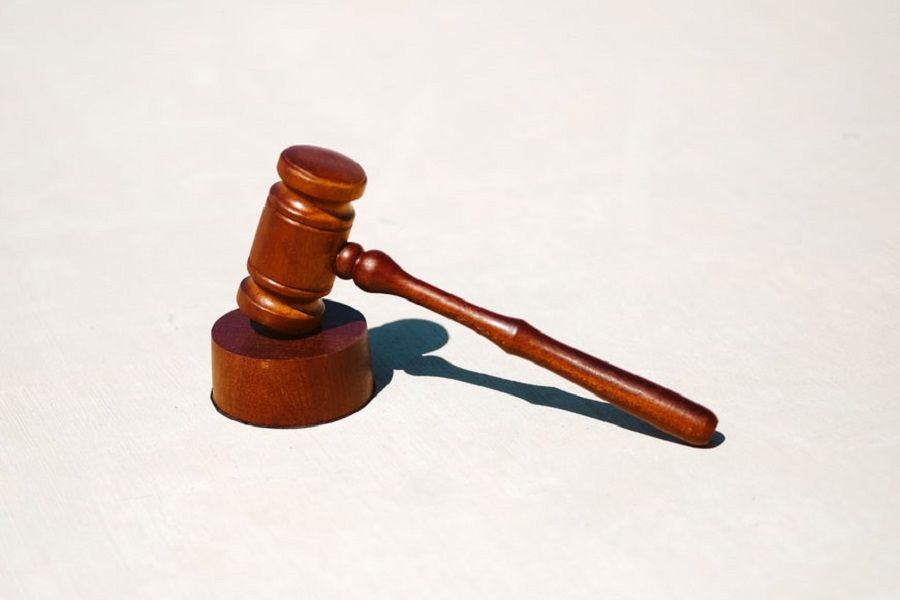- All assets staked by US users will be unstaked automatically excep ether
- The yield on Kraken's staking service was at least 20%
Kraken agreed to pay the SEC a settlement of $30 million and close its crypto staking platform for US users immediately after being charged with selling unregistered securities. The decision confirms an earlier report by Bankless Times.
What is staking?
Proof-of-stake networks like the Ethereum Mainnet maintain security by means of what is known as staking. The blockchain network’s validators post collateral in the form of crypto as proof of their integrity. The validators get tokens to process transactions. Stakers loan their crypto to entities running the validator nodes and take a portion of the yield. The tax implications of staking are unclear.
Coinbase also offers its customers staking, as does Lido among other decentralized platforms.
Kraken offered staking since 2019
Payward Trading Ltd. and Payward Ventures, Inc., which make up Kraken, will end their staking programs and services. They had been offering those to the general public for at least four years. The SEC filed its lawsuit against the exchange on February 9 in a federal court. According to a SEC press release:
The complaint alleges that Kraken’s staking investment program offers an easy-to-use platform and benefits that derive from Kraken’s efforts on behalf of investors, including Kraken’s strategies to obtain regular investment returns and payouts.
Kraken wrote in a blog post that all assets staked by US users would be unstaked automatically with the exception of ether, which would be unstaked after the Ethereum Mainnet’s Shanghai upgrade. US customers won’t be allowed to stake any new assets. The ban does not affect customers outside the US.
SEC drew attention to the risks
Kraken had written on its website that the yield on its staking service was 20%, but it was higher according to the SEC press release. The regulator’s description of the exchange’s staking service drew attention to the “risks” facing investors when they agreed to stake their crypto assets with providers like Kraken, who offer “very little protection.”












